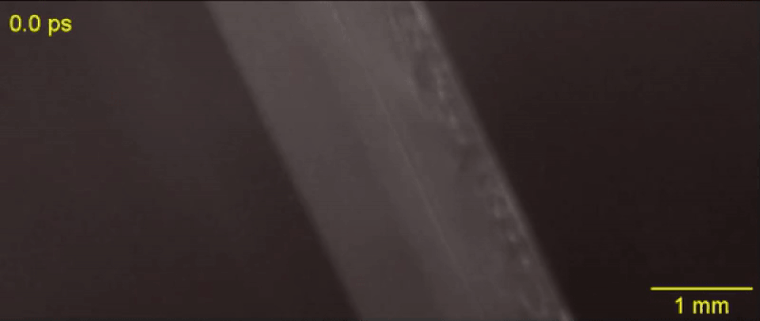The Eternal Journey of Photons: Do They Truly Live Forever?

Summary:
The article explores the concept of photon longevity, delving into the physics and theoretical implications of whether photons, the fundamental particles of light, can exist eternally without decaying. It examines current scientific understanding and debates around photon stability and the possible scenarios that could lead to their decay.Key Insights:
-
Photon Stability: Photons, being massless particles, do not decay in the same manner as particles with mass. The article emphasizes that according to current scientific models, photons are incredibly stable and could theoretically exist indefinitely.
-
Theoretical Decay Scenarios: The possibility of photon decay is not entirely dismissed by scientists. The article discusses hypothetical scenarios and advanced theoretical models where photons might decay over astronomical timescales, but such phenomena have not been observed.
-
Impact on Cosmology: If photons were to decay, it would have profound implications for our understanding of the universe's evolution, dark matter, and energy. However, current observations align with the notion of photon permanence, supporting the steady-state nature of cosmic microwave background radiation.
Takeaways:
The article concludes that while photons are considered to be stable and potentially eternal based on current scientific understanding, ongoing research and theoretical advancements continue to explore the nuances of photon behavior. The concept of photon decay remains a fascinating area of study, with significant implications for our broader comprehension of the universe.